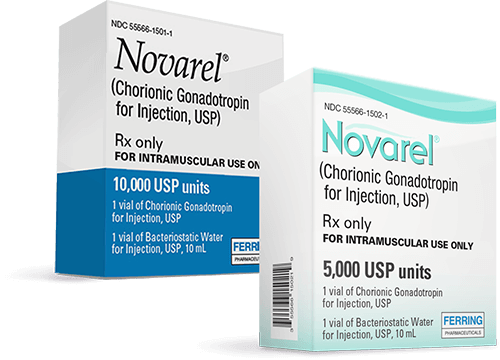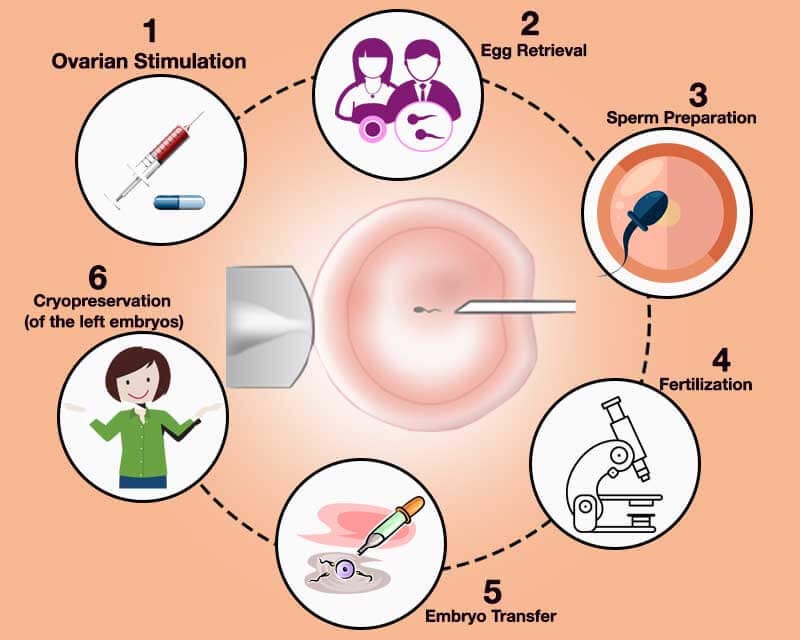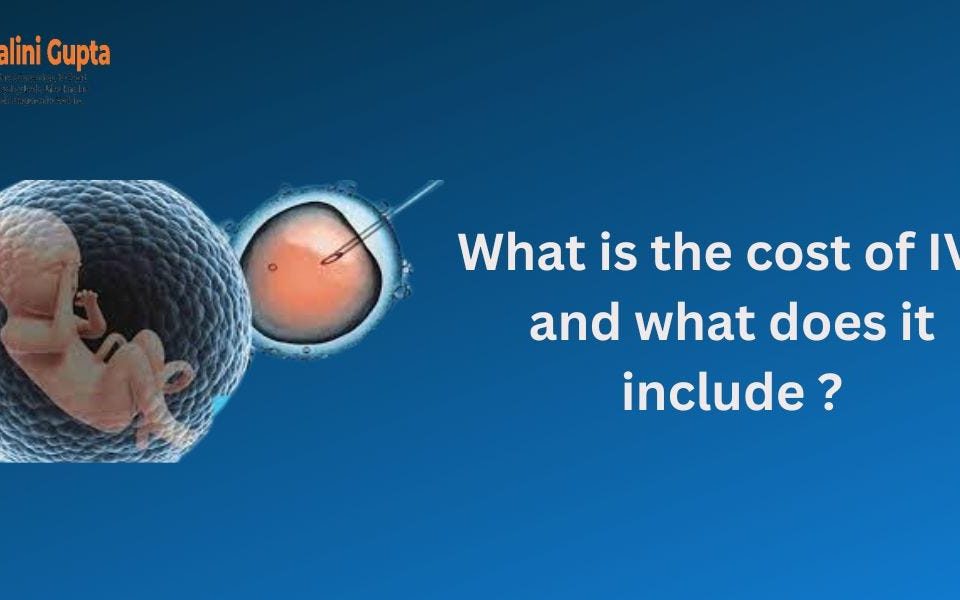
What Should I Do After IVF Embryo Transfer?
April 22, 2025
What Is the Live Birth Rate for IVF?
April 22, 2025Will TRICARE Cover IVF? Your Guide to Fertility Benefits for Military Families
Starting a family is a dream for many, but for military families, the journey can come with unique challenges. If you’re covered by TRICARE, the health insurance program for active-duty service members, retirees, and their families, you might be wondering: Will TRICARE cover in vitro fertilization (IVF)? It’s a big question, especially since IVF can cost anywhere from $12,000 to $25,000 per cycle. For those serving our country, understanding your options shouldn’t feel like a battle.
In this guide, we’ll walk you through everything you need to know about TRICARE and IVF coverage as of April 2025. We’ll break down what’s covered, who qualifies, and what’s changing on the horizon. Plus, we’ll dig into some lesser-known details—like how military life impacts fertility and what you can do if TRICARE doesn’t fully meet your needs. Whether you’re an active-duty service member, a spouse, or a retiree, this article is here to help you navigate the process with confidence.
What TRICARE Covers for Infertility Today
TRICARE offers health care to over 9 million people worldwide, but when it comes to fertility treatments like IVF, the coverage gets tricky. Right now, TRICARE doesn’t broadly cover IVF for everyone. Instead, it has strict rules about who qualifies and what services are included. Let’s break it down.
The Basics of Current Coverage
TRICARE does cover some infertility services, but they’re mostly focused on diagnosing and treating underlying medical issues. For example:
- Diagnostic Testing: If you’re struggling to conceive, TRICARE will pay for tests like semen analysis, hormone checks, or ultrasounds to figure out what’s going on.
- Treatment for Physical Causes: If a medical condition—like blocked fallopian tubes or low sperm count—is causing infertility, TRICARE may cover surgeries or medications to fix it, as long as they’re “medically necessary.”
- Limited ART for Specific Cases: Assisted reproductive technology (ART), including IVF, is only covered under special circumstances tied to serious injuries or illnesses from active duty.
But here’s the catch: TRICARE doesn’t cover IVF or other ART procedures—like intrauterine insemination (IUI) or egg freezing—for most people. That means if your infertility isn’t linked to a service-related injury, you’re likely paying out of pocket.
Who Qualifies for IVF Coverage?
Right now, TRICARE only covers IVF for a small group of people. You might qualify if:
- You’re an active-duty service member (not a retiree or dependent).
- You’ve suffered a serious or severe injury or illness while on active duty—like a blast injury or chemical exposure—that caused infertility.
- Your injury is rated as Category II or III, meaning it’s severe enough that you might medically separate from service.
If you meet these criteria, TRICARE can cover IVF through its Supplemental Health Care Program. This includes up to six egg retrievals and three completed IVF cycles, often at military hospitals like Walter Reed in Maryland. Spouses, unmarried partners, or even surrogates enrolled in TRICARE might also get coverage, but only if the service member’s injury prevents natural conception.
For everyone else—retirees, dependents, or those with unexplained infertility—it’s a no-go. That’s left many military families frustrated, especially since civilian employers are increasingly offering fertility benefits.
Real-Life Example: Sarah’s Story
Sarah, an Army spouse, shared her experience online. Her husband, a sergeant, was injured in a training accident that affected his fertility. After months of paperwork, they got IVF covered at a military hospital. “It was a relief,” she said, “but the process was exhausting, and we had to live near the facility.” For families stationed far from these hospitals, the logistics can be a nightmare.
Why Military Families Face Unique Fertility Challenges
Military life isn’t always family-friendly. Frequent moves, deployments, and exposure to hazards can make starting a family tougher than it is for civilians. Here’s why this matters when you’re thinking about TRICARE and IVF.
The Impact of Service on Fertility
Studies show that service members face higher infertility rates than the general population. According to the 2021 Blue Star Families Military Family Lifestyle Survey, 42% of active-duty families reported challenges having children—way above the national average of 1 in 8 couples. Why?
- Deployments and Stress: Long separations can mess with timing, and chronic stress can lower fertility in both men and women.
- Occupational Hazards: Exposure to toxins, radiation, or blast injuries can damage reproductive health. A 2023 study from the Department of Defense found that veterans exposed to burn pits had a 15% higher risk of infertility.
- Delayed Family Planning: Many service members wait until their 30s to start families due to career demands, which can naturally reduce fertility.
These factors hit hard, yet TRICARE’s strict rules don’t account for them unless there’s a clear service-related injury.
A Gap in Support
Unlike federal employees, who got expanded IVF coverage in 2024 (14 health plans now cover it), military families are stuck with limited options. This gap has sparked outrage on platforms like X, where users argue that service members deserve equal access. One post from April 2025 summed it up: “Congress gets IVF, but the people fighting for us don’t? That’s messed up.”
What’s Changing in 2025 and Beyond
Good news: the conversation around TRICARE and IVF is heating up. Lawmakers and advocates are pushing for change, and 2025 could bring some updates. Here’s what’s on the table.
The IVF for Military Families Act
In early 2025, Senator Tammy Duckworth and Representative Sara Jacobs introduced the IVF for Military Families Act. This bill would:
- Expand TRICARE to cover IVF and other ART for all active-duty service members and their spouses, regardless of injury.
- Remove the “service-connected” requirement, making it easier for families to qualify.
- Match the fertility benefits offered to federal employees and many private-sector workers.
Duckworth, a veteran who used IVF herself, has been vocal about this. “Service members sacrifice so much,” she said in a press release. “They shouldn’t have to choose between serving and starting a family.” The bill’s still in Congress as of April 2025, but it’s got bipartisan support—80% of voters favor IVF coverage for military families, per a 2024 poll.
The 2025 NDAA Debate
The National Defense Authorization Act (NDAA) for 2025 almost included expanded IVF coverage. Both the House and Senate versions had provisions to broaden TRICARE benefits, but they got cut from the final bill in December 2024. Why? Some lawmakers worried about costs, while others debated unrelated issues like embryo rights. Advocates like Resolve: The National Infertility Association called it a “missed opportunity,” but they’re not giving up.
What’s Next?
Even without the NDAA win, pressure’s building. President Trump’s February 2025 executive order on IVF access directed agencies to explore ways to lower costs and expand coverage, including for military families. The Department of Defense is due to report back with recommendations by May 2025. Could this mean broader TRICARE coverage soon? It’s possible—stay tuned.
How to Navigate Your Options Right Now
If you’re hoping to use IVF and TRICARE doesn’t cover it, don’t lose hope. There are ways to make it work, even on a military budget. Here’s a step-by-step guide.
Step 1: Check Your Eligibility
Call your TRICARE regional contractor (like Humana Military at 1-800-444-5445) to see if you qualify under current rules. Ask:
- “Do I meet the criteria for the Supplemental Health Care Program?”
- “What documentation do I need to prove a service-related injury?”
If you’re eligible, they’ll guide you to a military hospital or network provider.
Step 2: Explore Military Hospitals
Eight military hospitals offer discounted IVF, even if TRICARE doesn’t fully cover it. These include:
- Walter Reed National Military Medical Center (Bethesda, MD)
- Tripler Army Medical Center (Honolulu, HI)
- Madigan Army Medical Center (Tacoma, WA)
Costs can be as low as $5,000 per cycle—half the civilian price—but waitlists are long. Call ahead to check availability.
Step 3: Look for Discounts and Grants
If TRICARE won’t pay, other options can help:
- Military Discounts: Clinics like California IVF Fertility Center offer reduced rates for TRICARE families. Ask your local provider if they do the same.
- Nonprofits: The Bob Woodruff Foundation’s VIVA program gives up to $10,000 for IVF to veterans with service-connected fertility issues.
- Drug Savings: Programs like Compassionate Care offer 50-75% off fertility meds if you qualify financially.
Step 4: Appeal a Denial
If TRICARE denies coverage, appeal it. Write a letter explaining your situation—include medical records and a doctor’s note. One Navy spouse won her appeal in 2024 after showing her husband’s deployment-related stress caused their infertility. It’s a long shot, but it’s worth trying.
Interactive Checklist: Your IVF Action Plan
✔️ Call TRICARE to confirm your coverage.
✔️ Research nearby military hospitals for ART services.
✔️ Contact a clinic for military discounts.
✔️ Apply for a grant if you’re eligible.
❌ Don’t assume you’re out of options—explore every avenue!
The Emotional Side of the Journey
Infertility is tough, and military life can make it feel even heavier. Between PCS moves and the pressure to “tough it out,” many families suffer in silence. But you’re not alone.
Coping with the Stress
A 2023 study in the Journal of Military Health found that 60% of infertile military couples reported high stress levels—higher than civilians. Why? The unpredictability of service life adds an extra layer of worry. Here’s how to manage:
- Talk It Out: Join a support group like Resolve’s military infertility network. Sharing with others who get it can lighten the load.
- Lean on Your Team: Ask your chaplain or a counselor at your base’s Family Readiness Center for help.
- Take Breaks: Fertility treatments are a marathon, not a sprint. Give yourself permission to pause.
A Spouse’s Perspective
“I felt guilty asking my husband to deal with IVF while he was prepping for deployment,” said Lisa, a Marine wife. “But once we started talking about it, we realized it was our dream together.” Open communication can turn a solo struggle into a team effort.
Busting Myths About TRICARE and IVF
There’s a lot of confusion out there. Let’s clear up some common myths with facts.
| Myth | Fact |
|---|---|
| TRICARE covers IVF for everyone. | Only active-duty members with service-related injuries qualify. |
| Retirees get the same benefits. | Retirees and dependents are excluded from IVF coverage right now. |
| Military hospitals are free. | They’re discounted, but you’ll still pay out of pocket unless covered. |
What If TRICARE Doesn’t Cover You? Alternative Paths
If TRICARE says no, you’ve still got options. Here’s how to keep moving forward.
Private Insurance Through a Spouse
If your spouse works outside the military, check their employer’s plan. In 2021, 47% of large companies offered IVF coverage, per the Military Officers Association of America. It might be cheaper to switch to their insurance during open enrollment.
Crowdfunding and Savings
Some families turn to GoFundMe, raising thousands for IVF. Pair that with a payment plan from a clinic, and it’s more doable. For example, one Air Force couple saved $8,000 over two years, then crowdfunded $5,000 to cover a cycle.
Adoption as an Option
Military families get adoption perks—like up to $2,000 in reimbursement through TRICARE. It’s not IVF, but it’s another way to grow your family.
Mini Quiz: What’s Your Next Step?
- TRICARE denied your IVF claim. What do you do?
a) Give up
b) Appeal with evidence
c) Switch to civilian insurance
Answer: b or c—don’t quit yet! - You’re near a military hospital. What’s your move?
a) Call for an appointment
b) Ignore it and go private
Answer: a—save money if you can!
The Future of Fertility Care for Military Families
The push for better IVF coverage isn’t slowing down. Here’s what could shape the future.
New Research Insights
A 2024 Pentagon study found that expanding TRICARE fertility benefits would cost less than 0.1% of its annual budget—peanuts compared to recruitment losses from unhappy families. With 77% of employees saying fertility benefits would keep them at a job (per a 2023 survey), the military might see this as a retention win.
Grassroots Momentum
On X, military spouses are loud about wanting change. Trending discussions in March 2025 showed #IVFforMilitary gaining traction, with users tagging lawmakers. Your voice could tip the scales—tweet your story or write your representative.
A Hypothetical Scenario
Imagine it’s 2026, and the IVF for Military Families Act passes. TRICARE covers three IVF cycles for all active-duty families, no injury required. Costs drop, waitlists shrink, and retention rates climb. It’s not here yet, but it’s a future worth fighting for.
Final Thoughts: Your Path Forward
Navigating TRICARE and IVF can feel like a maze, but you’ve got more power than you think. Whether it’s tapping into current benefits, pushing for discounts, or advocating for change, every step brings you closer to your family goals. Military life throws curveballs, but it’s also built on resilience—and that’s your strength.
So, will TRICARE cover IVF? For now, it depends on your situation. But with new laws brewing and a community behind you, the answer might soon be a resounding “yes” for more families. Keep exploring, keep asking, and don’t let the system dim your hope. You’ve got this.




